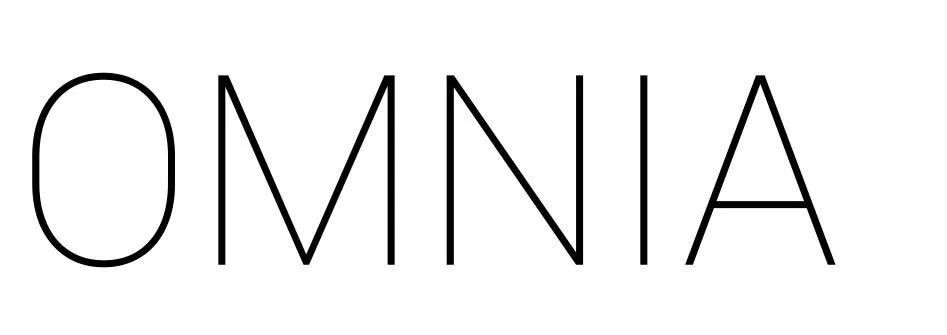Power to the people who find salvation in the rain
“Words made flesh, muscle and bone animated by hope and desire, belief materialized in deeds, deeds which crystallize our actualities”
— Sylvia Wynter, The Pope must have been Drunk, the King of Castile a Madman
“To paraphrase Trouillot, we want ‘a life that no narrative could provide, even the best fiction.’ The reckoning might be now. — Dionne Brand, On narrative, reckoning and the calculus of living and dyingThere are words that demand you take a moment to feel the ostensibility, the variability of their vowels, the curves and dips of their consonants. Like, Beloved. Or — Precarity. OR, Praxis. Or Flesh. Or Liberation. Or, Agggeewheeweeag. Or, Capaciousness. Or Love. So that when you read, “the clarity and the capaciousness of the vision.”/you say it once more to yourself.
Capaciousness. Capaciousness.
And so you begin to think then of the capaciousness of your dreams, or our futures, or our love. I’ve been critically thinking about words, words we deploy to articulate how we feel, what we feel, as close as we can to feel and convey ourselves.
So that when I say, I’m sorry it’s taken me so long to write this, it has rained every day of this week. I mean, these are the words I deploy to say as acutely and as keenly as possible, I am sad. I am tired. I am trying. We are trying, and so we move. “If the earth moves, it would vitiate our entire plan of salvation.” — Cardinal Bellarmine
I’ve been reading and returning to the words of Sylvia Wynter these past few weeks whose theories are foundational to our current moment of movement, my current moment of movement. Wynter argues that being human is not a noun, but a verb, a praxis of humanness. Our existence is not purely biological but is one that is produced from our stories, from the written word.
Bios-mythoi: the study that the word will condition the study of nature.
Our understanding of self is ingrained in narrative and narrative-making, in stories that have been produced (hegemonized by a violent Western cannon) that deem epistemological science as a purely objective study. The world has existed and the world exists as is.
“The commonsense, naturalized story is cast as the only possible realization of the way the world must be, and is ‘is." — Sylvia Wynter, On Being Human as Praxis
But Wynter says (and reminds us to say), it cannot. Our production of knowledge consists of words and their insistence to form and demand and exalt and hold a world order, that is vast, that is imaginative, that can and must be spoken into existence.
Capaciousness
She explains, when Copernicus first theorized that it was the sun and not the earth at the center of our galaxy, the Church, which dictated knowledge production for the Western world and had at that point condemned man as post-Adamic fallen men, they could not begin to grapple with the possibility that their conception and understandings of the theological-absolute system of knowledge, of the world, of punishment, and of self could be so deeply flawed.
“So when Copernicus says that the Earth also moves, he is revalorizing the Earth. With this challenge, what now has to be recognized is that since the Earth also moves, and is therefore a star like any other, it also has to be, over against the traditional astronomy, of the same homogeneous physical substance as the heavenly bodies.”
And so too does our understanding of self begin to change.
And perhaps, we begin to believe, we are heavenly too.
---
(also!) EID S3EEED KIDDIES, sending my love and care and love and care and loveee and careee
*thinking about political education and its role in this movement and in movements moving forward, I hope to dedicate this space towards a communal evolvement that grapples with ideas, traditions and foundations that will shape our understandings of futurity - a future that we not only can envision but must demand. I envision this as a space where we can wade through that journey together. If you have readings you will like to see, questions we can tackle, moments to think through, let me know. if you want to write a post let me know
anyways, here are some other readings that touched my heart this week:
Sylvia Wynter On Being Human as Praxis, Katherine McKittrick
Saidiya Hartman on insurgent histories and the abolitionist imaginary, Saidiya Harman
On narrative, reckoning and the calculus of living and dying, Dionne Brand
Caitlin Cherry on digital abstraction and Black femininity
To Breathe Together: Co-Conspirators For Decolonial Futures, Sefanit Habtom and Megan Scribe
Worldbuilding and Meditative Speculation through Solange and Civilization, Kennan Teddy Smith
Afro-Pessimism and the (Un)Logic of Anti-Blackness, Annie Olaloku-Teriba
Teaching to Transgress: Education as the Practice of Freedom, Bell Hooks
NOT ALL FAT BLACK BOYS KNOW HOW TO EAT, Da'Shaun Harrison
Amiri Baraka at the Walker, Danielle A. Jackson
Poem for Aneta Chapman on Her 33rd Birthday, Alice Walker
Still, Seinabo Sey
